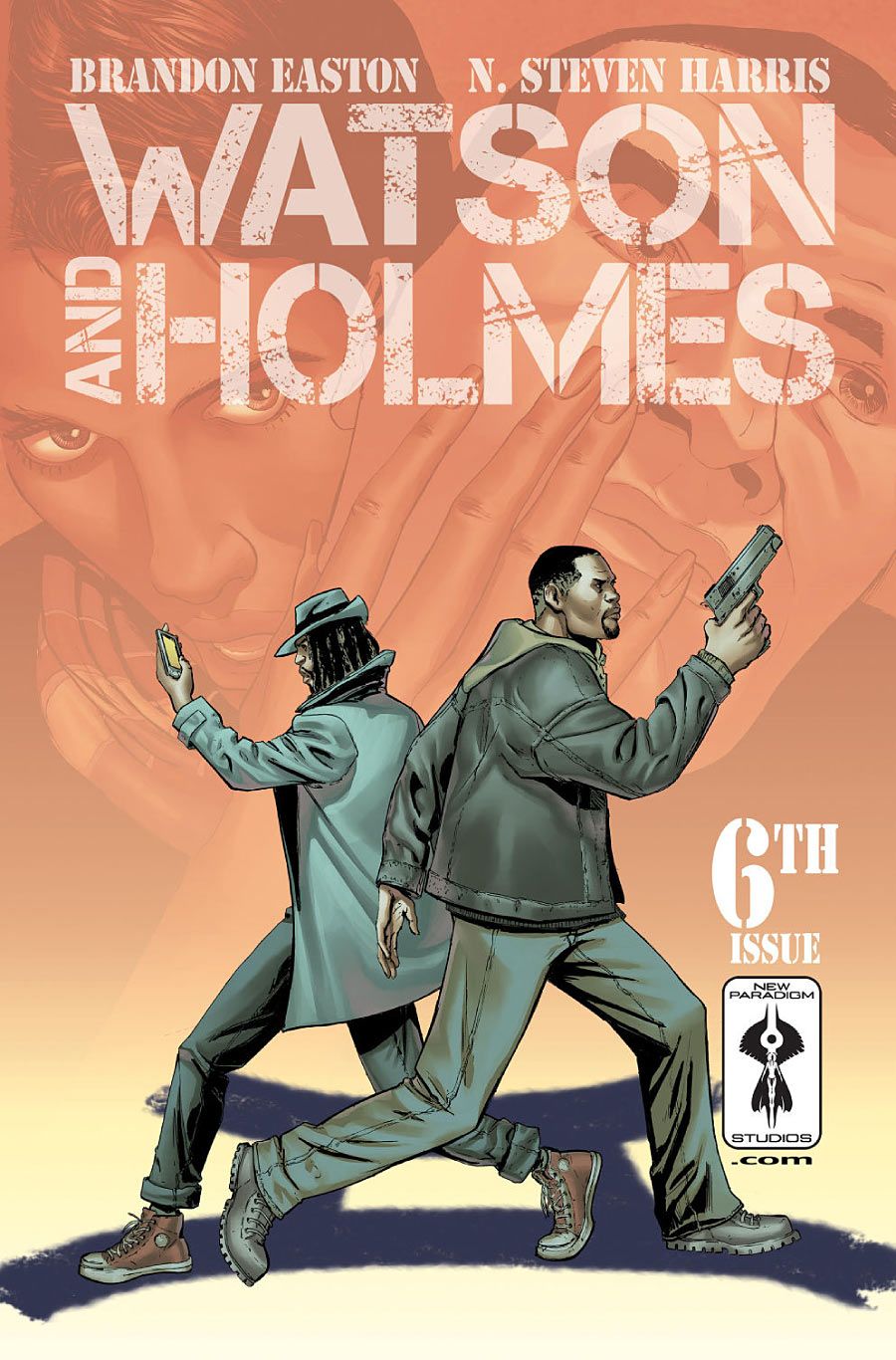In the end, a federal appeals court didn't find the case of Sherlock Holmes' copyright status as mysterious, or as complex, as the Arthur Conan Doyle estate hoped, and today upheld that the bulk of the stories have lapsed into the public domain in the United States.
As Hollywood Esq. reports, the Seventh Circuit Court of Appeals didn't buy the Doyle estate's novel claim that Holmes is a "complex" character who was effectively incomplete until the author's final story was published in the United States, leaving the entire body of work protected by copyright.
Although 50 Sherlock Holmes stories were released before Jan. 1, 1923, Doyle's heirs have long insisted that publishers, television networks and film studios pay a licensing fee to use the characters and story elements. Many, including Warner Bros. and CBS, complied, but Sherlock Holmes expert Leslie Klinger refused to fork over $5,000 while assembling In the Company of Sherlock Holmes, a collection of new stories written by different authors. When the Doyle estate sent a letter to the publisher threatening to block sales of the book through Amazon, Barnes & Noble and other retailers, Klinger sued.
In December 2013, a federal judge issued a declarative judgment that the elements included in the 50 Sherlock Holmes stories published before Jan. 1, 1923 are, indeed, in the public domain in the United States (leaving the 10 published after 1923 still protected). The Doyle estate appealed, but the Seventh Circuit wasn't any more sympathetic to its case than the lower court was.
U.S. Circuit Judge Richard Posner, who earlier characterized the Doyle estate's position as a “very aggressive attempt to enlarge copyright law," wrote in today's decision that, "We cannot find any basis in statute or case law for extending a copyright beyond its expiration. When a story falls into the public domain, story elements — including characters covered by the expired copyright — become fair game for follow-on authors ..."
Posner also made short work of the estate's assertion that "creativity will be discouraged" if the court doesn't permit such an extension of copyright, as the original author would find himself "competing with copiers."
"Of course this point has no application to the present case, Arthur Conan Doyle having died 84 years ago," the judge wrote, winding up for a rousing endorsement of the public domain. "More important, extending copyright protection is a two-edged sword from the standpoint of inducing creativity, as it would reduce the incentive of subsequent authors to create derivative works (such as new versions of popular fictional characters like Holmes and Watson) by shrinking the public domain. For the longer the copyright term is, the less public-domain material there will be and so the greater will be the cost of authorship, because authors will have to obtain licenses from copyright holders for more material [...] Most copyrighted works include some, and often a great deal of, public domain material — words, phrases, data, entire sentences, quoted material, and so forth. The smaller the public domain, the more work is involved in the creation of a new work. The defendant’s proposed rule would also encourage authors to continue to write stories involving old characters in an effort to prolong copyright protection, rather than encouraging them to create stories with entirely new characters. The effect would be to discourage creativity."
Barring the unlikely intercession of the full Seventh Circuit or the Supreme Court, the matter of Sherlock Holmes' copyright should be settled. However, trademarks are a far murkier matter: While the Doyle estate contends that it owns the Holmes trademarks and, therefore, can control how (or indeed if) any "unsanctioned" projects are marketed and merchandised, it's important to note that's not necessarily the case. A trademark search shows that in numerous instances, the estate has merely applied for the marks; Klinger said in January that there will be "substantial opposition" to those applications.
The copyright of Doyle’s Sherlock Holmes works expired in 1980 in the United Kingdom. His 10 post-1922 stories enter the public domain in 2022 in the United States.


